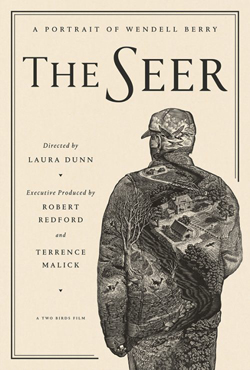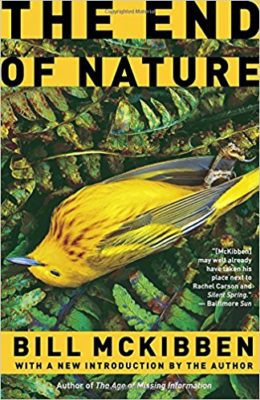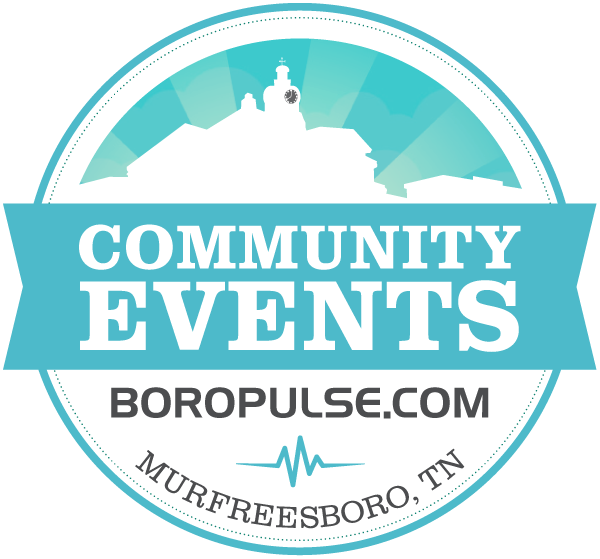
Is gardening (or small farming) an escape, a necessity, a spiritual journey, a road to good health or all—or none—of the above?
I recently attended the documentary Look and See: A Portrait of Wendell Berry organized by Murfreesboro artist and MTSU professor Art Growden. With an interest in gardening, small farms and how to accomplish an ecological, sustainable balance in our world, I really wanted to hear what the man was all about, so I arranged my work schedule to attend. One of my friends does not like his politics, so I was even more intrigued.
 Wikipedia describes Berry as “an American novelist, poet, environmental activist, cultural critic and farmer. A prolific author, he has written many novels, short stories, poems and essays.”
Wikipedia describes Berry as “an American novelist, poet, environmental activist, cultural critic and farmer. A prolific author, he has written many novels, short stories, poems and essays.”
I was disappointed with the movie. As he is a living legend and a leader by example, I had hoped to hear more of him. I wanted to hear his words, spoken with his own inflections, but he chose to remain off-screen. A missed opportunity, as I expected a Q&A with him, a reporter who dug into his psyche, into his thinking process. (Roger Ebert described the documentary as “two different films . . . neither one of them is, in fact, a portrait of Wendell Berry. Neither one of them, despite sincere intentions, is very good.) The missed opportunity of hearing this interesting person got me thinking about reluctant leaders, as that is now how I view him.
Of all the roles each of us perform in a daily schedule, a leader is one of them. How can I make such a broad statement? My thought is that each time that we have an idea, follow a personal quest, try something new, express a different opinion than the norm, take the initiative to try, then we take on a leadership role. Granted, it may only be you yourself that you are leading, but you are still leading . . . and others may follow you, observe you or continue to monitor you. You will have both vocal and silent supporters and dissenters. Regardless, off you go, continuing on your determined path of making your idea into a reality. Is that not a leadership role? Could your garden and your methods be an inspiration to passersby?
Reaching out to Professor Growden, I was directed to the writings of poet Mary Oliver. In reading about her, I read reviews which compare her writings to Thoreau and Whitman for her observations of the natural world. The summary has extrapolated a line of hers from “The Summer Day”:
Tell me, what is it you plan to do with your one wild and precious life?
It continues: Instructions for living a life. Pay attention. Be astonished. Tell about it. I don’t want to end up simply having visited this world.
Inspiring words reflecting actions of many of the people I know who are not following the established path.
My thoughts segue from leadership through individual choices to wondering if, as humans, there is an innate need to leave a piece of ourselves behind, a need to influence or even make a change on this earth as an individual legacy. As a related thought, I wonder if any one who is an observer of nature and the cycles of our earth could be anything but an organic gardener.

The organic movement was a direct result of the ever-increasing industrial agricultural practices that began at the end of the 19th century and increased after WWI. Rudoph Steiner was one of the early proponents of organic practices with his biodynamic agricultural system based on his spiritual and philosophical practices.
Starting in the 1940s, Jerome I. Rodale provided the main source of information about “non-chemical” farming methods in the U.S. He influenced organic production methods through his hands-on approach at the Rodale Organic Gardening Experimental Farm in Pennsylvania. His interest developed the Rodale Publishing empire which intertwines organic gardening and health. Rodale drew many of his ideas from Sir Albert Howard, a British scientist. Howard spent years observing and researching the traditional farming methods in India. The Rodale publications are still good resources for organic gardening.
If we move forward a couple of decades, there was a very influential book from 1962 that affected the thinking of the majority. The outcry from Silent Spring by Rachel Carson brought attention to the use of pesticides in the environment and resulted in the banning of DDT. Outside of the controversy that now surrounds the technique and facts within the book, the impact of the writing did alter life—bans, businesses and nature were affected. The ubiquitous question “does the end justify the means?” can surely be applied here.
The writer planted the thought in the brains and hearts of many, resulting in a mission, a cause and a movement that changed society. Where is this generation’s writer? Where are the thoughts, where are the community, village and global goals and visions? Who can be the leader? Who can create a passion for making a balance with nature an ongoing societal priority?
 I have some books and articles I suggest others read and re-read:
I have some books and articles I suggest others read and re-read:
thenewatlantis.com/publications/the-truth-about-ddt-and-silent-spring
The End of Nature, Bill McKibben >>>
Earth in the Balance, Al Gore
Thoreau
Our Stolen Future, Theo Colburn
thenewatlantis.com/publications/new-atlantis-books
As my actions follow my ideas and I develop the future of my property in balance, I know that I am also balancing my essence with all that is of nature. I will be accountable for my actions, for honoring the balance and for presenting the value of adopting an organic approach to life, including gardening, for the good of others.
On the learning curve of life, there are free classes offered through the Rutherford County Farmers Market, held every Tuesday and Friday morning through October at 9 a.m. Classes for September are:
Sept. 1: Products of the Bee Hive – Susan Welchance, Rutherford County Beekeeper’s Association
Learn how to transform beeswax cappings into prize-winning beeswax for making lip balm, rich hand creams, candlemaking and much more.
Sept. 5: Turf Renovation, Maintenance and Establishment – Anthony Tuggle, Rutherford County Extension Agent
Whether you are starting new, starting over or keeping it going, keep your yard looking great!
Sept. 8: Dive In: How to Support Clean Water in Our Community – Cynthia Allen, MTSU, and Katie Peay, Rutherford County Planning and Engineering
Learn to support clean water in Tennessee. What can you do to preserve our clean water supply?
Sept. 12: Making Smart Lunch Choices: Stretching Your Food Dollars – Kim Miner and Karla Erazo, Expanded Food and Nutrition Education Program Program Assistants
Use nutrition facts, labels and ingredient lists to know the amount of saturated fat, sodium and added sugars in the foods and beverages you choose. Get the best for less!
Sept. 15: Composting Options – Mark Murphy, Certified Master Gardener
No space or time for a traditional compost pile? Learn alternative composting methods
Sept. 19: Crockpot Creations – Tiffany Schmidt, Extension Agent
In a time crunch? Learn how to make delicious meals that cook while you are at work.
Sept. 22: Planting Fall Vegetable Gardens – Anthony Tuggle, Extension Agent
Learn about the best plants for your fall vegetable garden.
Sept. 26: Seasonal Eating – Carla Bush, Extension Agent
Eat what’s in season; it’s easy on the wallet. And what could be better than food at its peak of flavor, texture and nutrition?
Sept. 29: Are You Ready to Buy a Home? – Misty Layne-Watkins, Extension Agent
The home-buying process is complex! Gain the tools and knowledge to successfully make a wise investment in what will probably be your largest and most important purchase.













